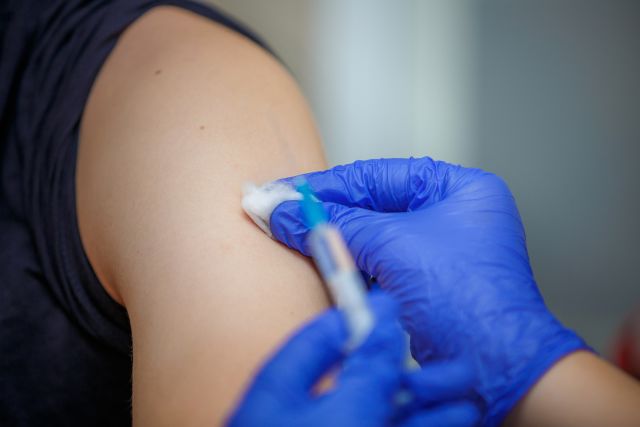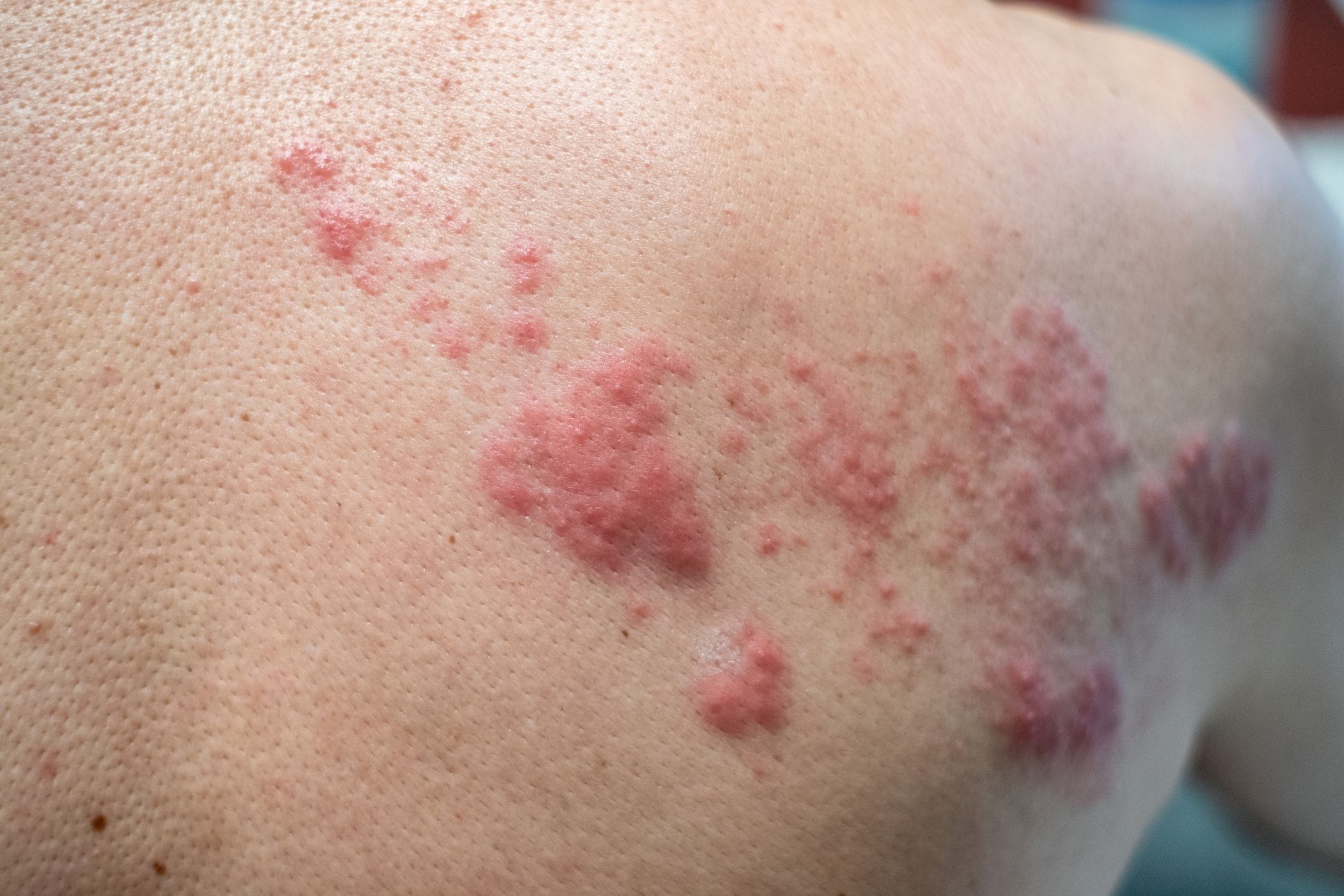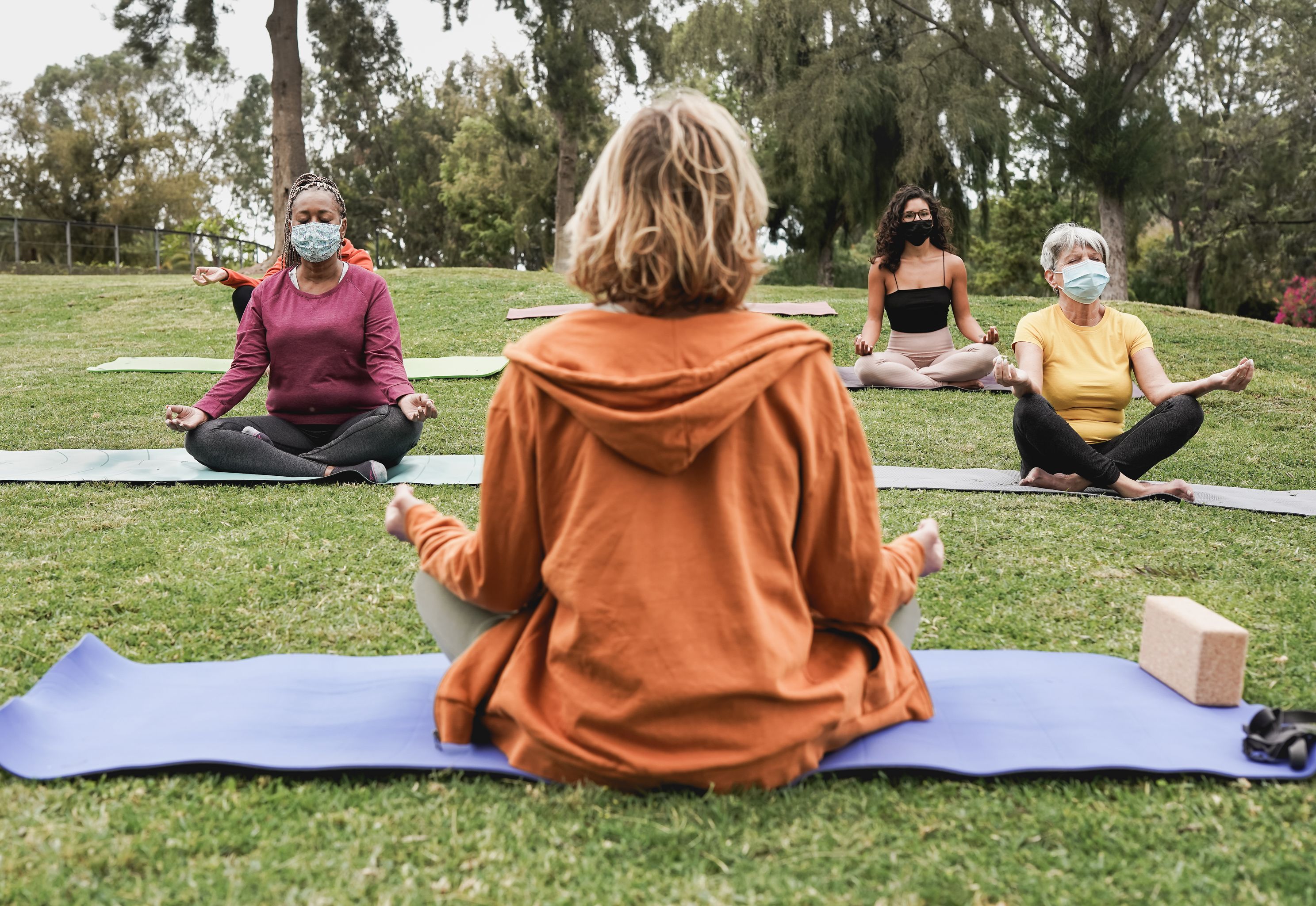Fifty may seem like the new 40—as people live longer and take better care of themselves, middle age can feel like just a number. And it may seem like you’re a long way off from illnesses that tend to affect old people. But the truth is, anyone who has had chickenpox is at risk for shingles, and if you’re 50 or over, you should consider getting the shingles vaccine.
What is shingles?
Shingles is caused by a reactivation of the chickenpox virus, although the two conditions are not the same. Chickenpox usually affects children and causes milder symptoms that typically go away after a week.
But even after the chicken pox is gone, the virus stays in your body. While it can remain dormant in some, for about 1 in 3 people, the virus will become active again. This is especially true as you get older.
Shingles—also called herpes zoster—causes a painful red rash. This rash typically forms on one side of your torso, but can occur on other areas of the body, including the face. Even though the rash will usually go away in 3 to 5 weeks, the pain can linger for months, or even years in some cases.
Shingles is more common than you may think. According to the Centers for Disease Control and Prevention (CDC), about 1 million people get shingles each year in the U.S.
Why am I at risk?
It’s possible for younger adults to get shingles, especially when they are under stress or have a condition that affects the immune system. But shingles is most common in people over the age of 50.
As you get older, your body's natural aging process makes it more likely that the herpes zoster virus will become active again. This reactivation can also be due to other factors that impact your immune system, such as stress, fatigue, or illness.
Benefits of the shingles vaccine
Previously, the shingles vaccine was recommended for people over the age of 60. But the CDC now recommends the vaccine for anyone 50 or older who is in good health. People who have a compromised immune system should consult their healthcare provider before receiving any vaccination.
The shingles vaccine is administered as two doses given 2 to 6 months apart. When a person receives both doses, the vaccine is over 90 percent effective at preventing shingles and shingles-related complications, such as long-term nerve pain.
It’s possible to get shingles more than once. Even if you’ve had shingles in the past, or aren’t sure if you ever had chicken pox, it is still recommended that you get the shingles vaccine.
You can receive the shingles vaccine from your healthcare provider or receive it at your pharmacy. Coverage for the shingles vaccine can vary depending on your health insurance plan. Before scheduling an appointment to receive the vaccine, call your health insurance provider and check if the vaccine is covered and if there are any out-of-pocket costs associated with the vaccine.






